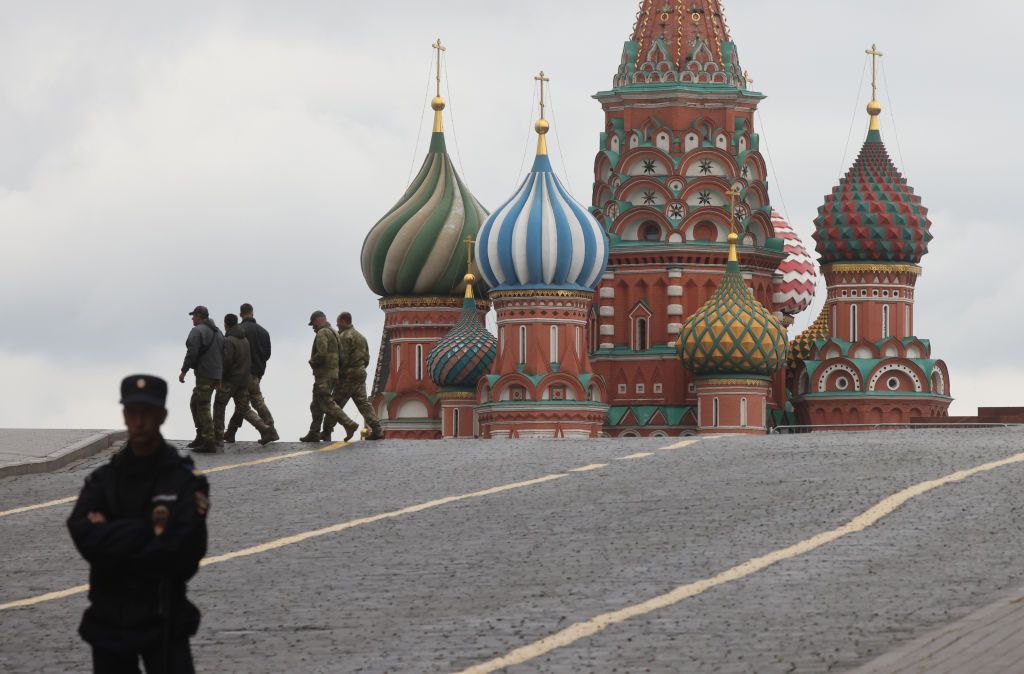UK to expel Russian defense attache for being 'undeclared military intelligence officer'

The U.K. will expel a Russian defense attache, saying they are an "undeclared military intelligence officer," British Home Secretary James Cleverly said on May 8.
Speaking to parliament, Cleverly said the move was in response to an increase in malign activity from the Kremlin, both in the U.K. and across Europe.
"Today in conjunction with the Foreign Secretary (David Cameron), I am announcing a package of measures to make clear to Russia that we will not tolerate such apparent escalations," he said.
"I can tell the House that we will expel the Russian defense attache, who is an undeclared military intelligence officer."
Cleverly also announced the U.K. was removing diplomatic status from several Russian-owned properties, "including Seacox Heath house, a Russian-owned property in Sussex, and the trade and defense section in Highgate, which we believe have been used for intelligence purposes."
The U.K. will also impose new restrictions on Russian diplomatic visas, including capping the length of time Russian diplomats can spend in the country.
"Our response will be resolute and firm," Cleverly said, adding: "Our message to Russia is clear: stop this illegal war, withdraw your troops from Ukraine, cease this malign activity."
The Financial Times (FT) reported on May 6 that Russia is plotting violent acts of sabotage across Europe, with intelligence agencies warning countries on the continent to expect more covert bombings and arson attacks on infrastructure.
Several high-profile incidents in recent weeks have put a spotlight on cases of attempted sabotage by people accused of working on the Kremlin's behalf.
According to assessments from three different European countries shared with the FT, this and other evidence point to a more direct and concerted effort directed by Russia as it commits to a course of permanent conflict with Western countries.
"The obvious conclusion is that there has been a real stepping up of Russian activity," Keir Giles, a senior consulting fellow at Chatham House, told the FT.












